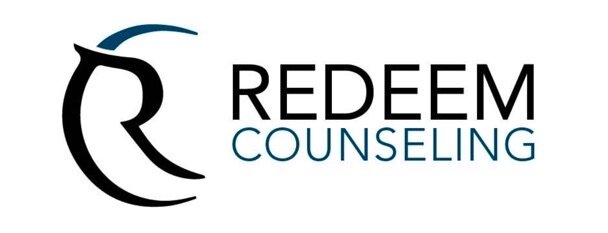The Power of Self-Parenting
Self-parenting is the process of taking responsibility for one's own emotional well-being and personal growth. When properly understood and practiced, it can transform our lives, giving us the security, resilience, & satisfaction we were built for. And, while the notion of an “inner child” may sound a bit "woo-woo" to some, it's actually rooted in hard, neurobiological science.
The adult brain weighs around three pounds and develops from the bottom up. The lower one third develops from conception to around age 12 and is responsible for our primal survival functions and most of our emotional experiencing. The top two thirds of our brain is known as the cerebral cortex. It develops roughly between ages 13 and 25. This part of our brain controls our higher cognitive functions, such as, logic, abstract thinking, impulse control, etc. In other words, your inner child weighs about a pound & if we were doing brain surgery, I could put my finger right on it.
So, in a very real sense, you have two brains. One functions like a 0-12 year old child & one functions like a rational, mature adult. You've probably already experienced these two brains talking with each other. Just think of a time when a part of you really felt like doing something and then another part chimed in, explaining that it might not be the wisest idea. (This happens to me every time I drive by Krispy Kreme.) That's the conversation between your emotional child brain and your rational adult brain.
Your 0-12 year old child brain needs what every child needs: the attentive, loving, care of a parent. And now that your adult brain has grown into existence, guess who’s job that is? Parenting our hearts isn't some psychological construct whipped up by touchy-feely therapists. It's a neurological mandate and an essential part of healthy functioning.
As important as the self-parenting job is, however, we, like all parents, have the choice about whether or not to do it. Many of us have worked to ignore our feelings without realizing we've been actively neglecting the child within. Fortunately, since that 0-12 child brain never grows up, it's never too late. Here are a few helpful tips:
Recognize the adult mind / child heart difference. It's helpful to understand which thoughts and feelings are coming from our child "heart" and which are from our adult "mind". Here's an easy way to tell the difference: If its emotional and reactive, it's the heart. If it's rational and calm, it's the mind. Sometimes the child within tries to put words in our mouths, criticizing him or herself as though it was coming from a parent. But shame & blame are emotional. The adult mind isn't capable of that kind of abusive behavior. In fact, the only thing that our adult or parent mind can do wrong is not show up. We can turn our attention away from our feelings or even let unchecked emotional distress turn our adult minds turn off. But when they're on and present, our adult minds are great parents. Mindfulness is an effective way to train the adult brain to notice the emotional brain & stay engaged when things are challenging.
Be attentive. Notice what your feeling. Check in with yourself, and not just when there seems to be a problem. Can you imagine only paying attention to your children when a problems arise? Print out an emotions list and practice with a friend, spouse, or partner. Name three feelings you experienced during the day or maybe even three feelings you're experiencing in the present moment. Practice mindfully recognizing emotions, emotional thoughts, & emotional impulses without judging or prematurely fixing.
Practice self-compassion. Self-compassion is the practice of choosing to treat your heart with kindness & understanding. It's an attitude that seeks to comfort and help however possible, much like how you might interact with a friend or loved one. In the context of self-parenting, self-compassion can include the mind giving the heart some much needed personal expressions of love & value. The following 5-minute guided self-compassion exercise by researcher Kristin Neff can be a helpful place to start: https://youtu.be/wsvvGF_UwVI
Practice self-leadership. It's important to remember that self-compassion is not the same as self-indulgence. Good parents don't merely comfort. They also lead, teach, & protect. This includes setting boundaries that protect your heart from the harmful behavior of others as well as boundaries that protect your heart from it's own harmful impulses. When your heart wants to throw an angry tantrum, binge-eat its feelings away, or hide from the normal experiences of l ife, that's when you - the calm, rational, mindful parent - intervene to help your heart calm down and process its hurt, fear, & anger.
Self-parenting can take time and practice to learn, but it's a powerful tool for achieving emotional well-being and personal growth. If you find yourself uncertain about what to do, try asking yourself how you would ideally parent your own children and do that. By training your mind, taking responsibility for your heart, & caring for that child within, you can build a more positive and healthy relationship with yourself and transform your experience of life.
